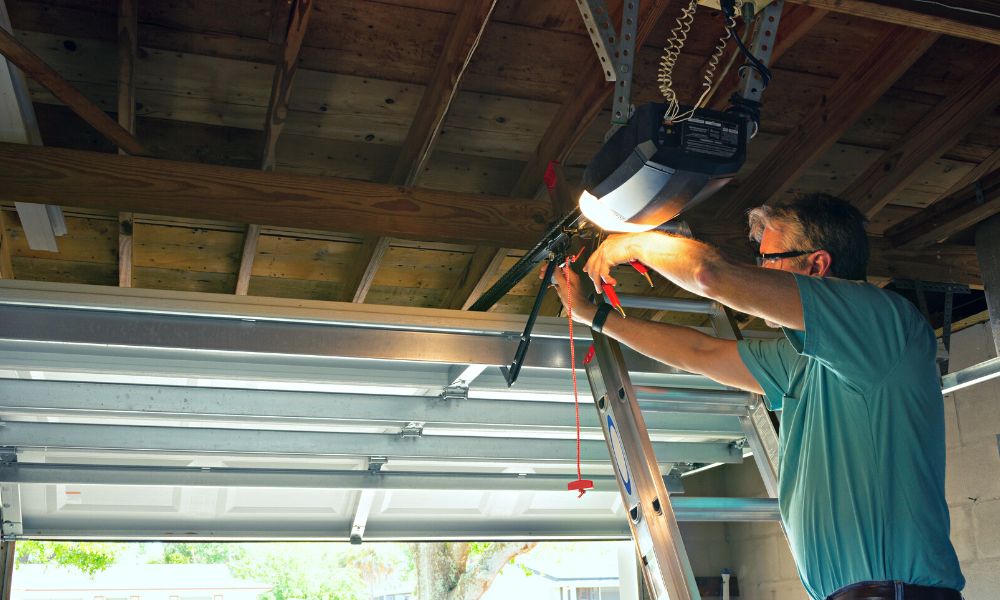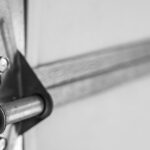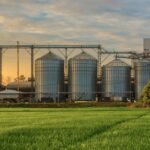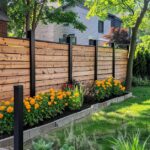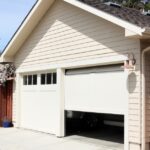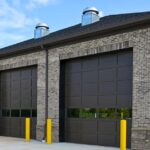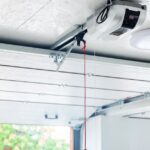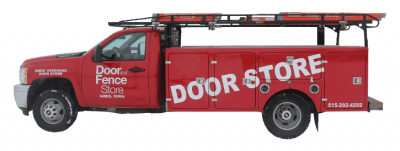Unpleasant and worrisome sounds are coming from your garage door. Whether it’s squeaking, grinding, or loudly vibrating, it probably has an issue you should check on. Read about the possible causes and fixes for a loud garage door!
Broken Torsion or Extension Springs
Did you hear a loud snap or bang coming from the garage? There’s a chance the spring of the garage door just broke!
Torsion and extension springs are the two most common types of springs in garage doors. Over time, the springs may corrode, create gaps, open the door unevenly, or open with jerking movements.
Torsion and extension springs are incredibly strong garage door parts that don’t break easily. That said, they can still need fixing. In most cases, the causes of broken springs and loud garage door noises aren’t the fault of the homeowner. The sounds occur due to wear from frequent use!
Repairing a broken torsion or extension spring on your own is quite dangerous. Refrain from using the garage until a professional garage door repair company can safely resolve the issue. It’s essential to avoid the site of the damage and abstain from repairing it yourself to keep yourself safe.
Worn-Out Rollers
The rollers move up and down the track to pull the garage door into the correct place. Over time, the rollers wear down and need replacements. But what leads to the problem in the first place? Some of the causes include:
- Poorly lubricated rollers
- Dented or misaligned tracks
- Detached hinges or brackets
- Rust buildup
- Missing pieces
When you notice any of the above-listed complications, call The Door and Fence Store to fix your garage door quickly and efficiently! Garage doors are challenging to repair. If you need worn rollers fixed, only a professional company can keep you out of harm’s way.
Loose Nuts, Bolts, and Screws
Garage doors use immense power to lift the heavy door. It’s normal for the entire system to vibrate intensely each time the door operates. What’s unusual is the door emits a squeaking sound as the system pulls and releases.
The powerful vibration causes nuts, bolts, and screws to loosen over time. To eliminate the squeaking sounds and improve the door’s quality, use a wrench and socket set to tighten these parts!
While most garage door repairs need a professional, this is a job you can do yourself! Take your time and be careful. Your safety is the number one priority.
Poor Lubrication
A car has many metal moving parts that need lubrication to function correctly. Think of your garage door the same way! Lubricating the metal parts of the garage door will prolong the life of the metals while removing the undesirable squeaking and grinding sounds.
The most common features that need lubrication include the following:
- Rollers
- Hinges
- Tracks
- Torsion or extension springs
- Bearing plates
Wipe down the parts with a damp rag to remove any dirt and dust before applying a lubricant. Then, use a lubricating spray on the cleaned parts.
Once every two months or whenever you hear that troublesome sound, use a silicone spray to cover each part thoroughly. Remember to avoid spraying any nylon areas of the rollers because it will cause them to deteriorate.

